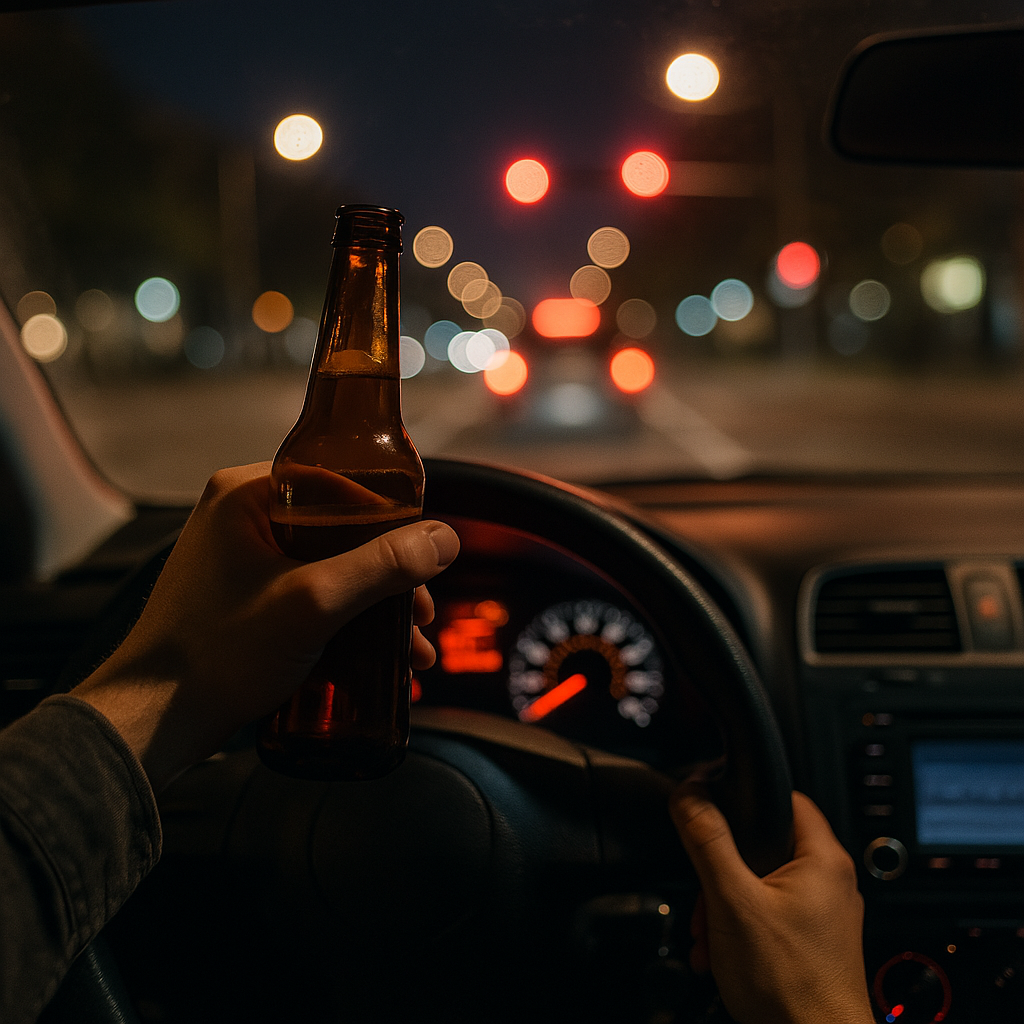

If you or a loved one is facing DUI charges in California, understanding the penalties by offense level is crucial. Whether it’s a first-time offense or a felony DUI with injury, the consequences are serious — but with the right legal support, they can be managed or even avoided. In this 2024 guide, we break down DUI penalties in California by offense level, explain how long convictions stay on your record, and highlight why hiring an experienced Los Angeles DUI attorney could make all the difference.
DUI charges are not one-size-fits-all. The penalties largely depend on three factors:
Under California Vehicle Code VC 23152, most first, second, and third DUIs are misdemeanors. However, prosecutors can file felony charges if any of the following apply:
🔹 Note: DUI convictions stay on your DMV record for 10 years from the offense date. Any DUI older than that won’t count as a prior.
Yes. If you act fast, many DUI penalties can be reduced - or dismissed entirely.
A top-rated Los Angeles DUI lawyer can:
Financial Impact: DUI fines range from $390 to $5,000 - but after penalty assessments, court fees, DUI school, and insurance hikes, the total can reach $18,000.
Learn more about First DUI Defense in California

.jpeg)
This is a "wobbler" offense — meaning it can be charged as a misdemeanor or felony.
If a driver kills someone while DUI and has prior convictions or signed a Watson Advisement, prosecutors may file second-degree murder (PC 187) charges.
In People v. Watson (1981), the CA Supreme Court ruled a driver could be charged with murder for willful disregard of human life after a prior DUI.
Commercial drivers face stricter DUI laws, even when not driving a work vehicle.
The legal blood alcohol content (BAC) level for commercial drivers is set by the Federal Motor Carrier Safety Administration (FMCSA) at 0.04%, not the 0.08% standard for other drivers. Even when you feel totally sober, it is simple to blow 0.04%, so CDL holders need to exercise extreme caution.
According to FMCSA rules, failing a blood alcohol test is the same as entering a guilty plea to DUI, and your driver's license will be suspended or revoked.
Commercial drivers are subject to all of the aforementioned penalties, plus the following additional sanctions:
Commercial drivers may be imprisoned for three years or longer, depending on the specifics of the infraction, if it takes place when they are driving a commercial truck carrying hazardous items.
Facing a DUI in California is overwhelming. The penalties are serious, but a conviction isn’t automatic. With fast action and the right DUI defense lawyer, you may be able to fight the charges, save your license, and avoid jail.
For personalized legal advice, reach out to our experienced California DUI defense attorneys today.
References :
[2] https://www.dhcs.ca.gov/individuals/Pages/DUI_Programs.aspx
[3] https://en.wikipedia.org/wiki/Vehicular_homicide
[4] https://www.fmcsa.dot.gov/regulations
[5] https://leginfo.legislature.ca.gov/faces/codes_displaySection.xhtml?sectionNum=23153.&lawCode=VEH
Yes, a felony DUI conviction almost always results in a lengthy license suspension or revocation. Depending on the state and specific case, you may be eligible for a restricted or hardship license after a certain period.
A DUI can remain on your criminal record for several years, typically ranging from 5 to 10 years, depending on state laws. A DUI may affect future employment opportunities, insurance rates, and more.
A felony DUI charge can be challenged in several ways, such as questioning the legality of the traffic stop, disputing the accuracy of breath or blood tests, or proving there was no impairment. An experienced attorney will review the case and explore all potential defenses.
A DUI becomes a felony if there are aggravating factors, such as causing injury or death, having multiple prior DUI convictions, or driving under the influence with a child in the vehicle. Each state has its criteria for elevating a DUI to a felony.
Yes, a marijuana DUI conviction can impact employment opportunities, especially in fields requiring a clean driving record or specific licenses. It may also affect professional licenses, depending on state laws and regulations.